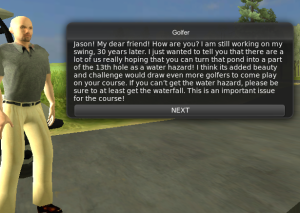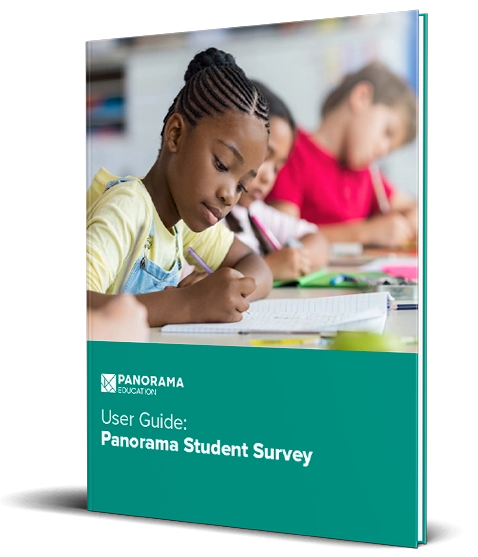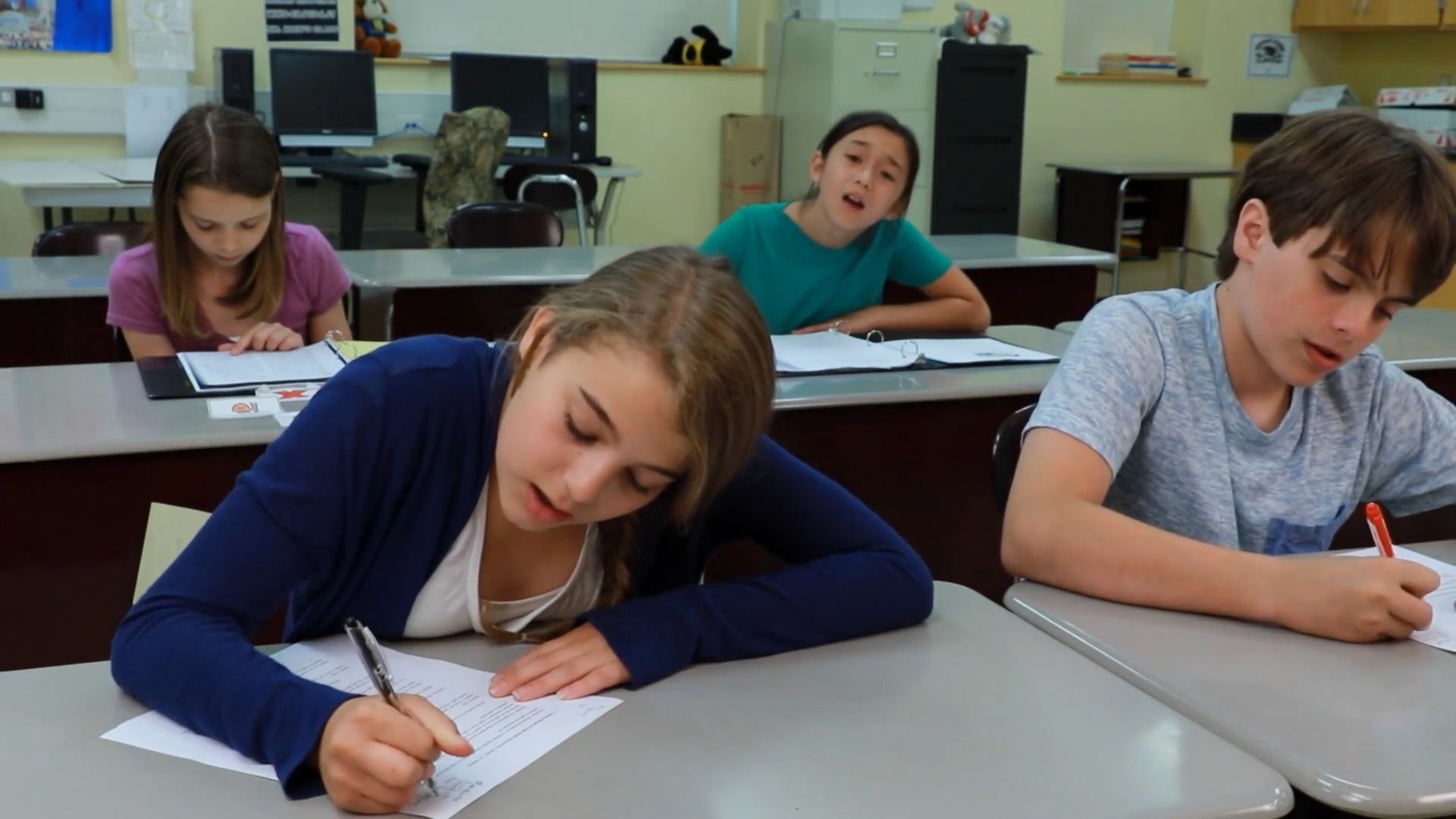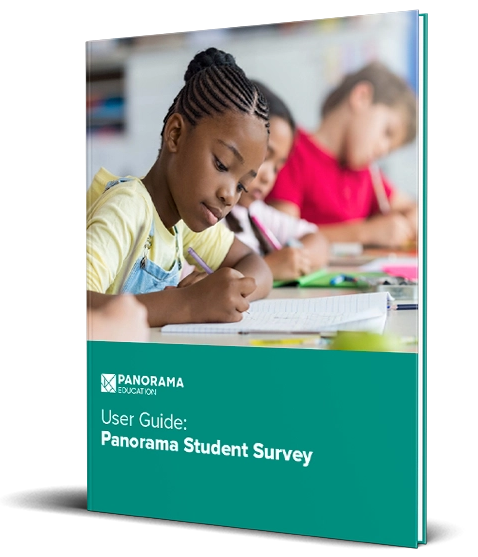Educators hope to instill many positive characteristics in students: diligence, courteousness, perseverance, and grit, to name a few. But one of the most powerful, yet least understood, of these characteristics is the disposition to see the world from another’s point of view. To teach this habit of mind, educators often ask students to consider “walking a mile in another student’s shoes.”
New research from Dr. Hunter Gehlbach, Panorama Education’s Director of Research, explores how different ways of “social perspective taking”—a social psychology term for understanding the feelings of another from their perspective—can facilitate more effective conflict resolution between two parties. Through a series of computer-based simulations, the research study asked participants to solve complex conflicts based on their understanding of the other party.
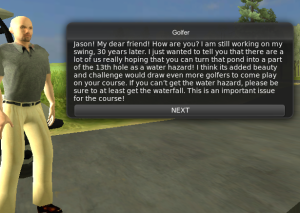
One such simulation, created by Cambridge, MA-based Giant Otter, featured a dispute between a golf course owner and a park ranger. The interests for each party were clear: to increase profits at the golf course and to maximize conservation in the surrounding environment, respectively. 842 participants actively engaged as first-person players in these virtual simulations, while researchers divided participants into various treatment and control groups to monitor outcomes.
Results
From these simulations, Dr. Gehlbach and his research team have highlighted several promising findings. For one, participants who learned more information about the other party fostered “more positive relationships and made greater concessions than participants who did not receive information about the other party.” This means that a golf course owner who understood the park ranger’s motivations compromised more on development plans and also viewed the ranger more favorably than those who merely relied on their own assumptions about the park ranger’s motives.
But the results were even greater for participants who did not just learn about the other party’s perspective but experienced it . Researchers allowed one treatment group to actively walk through the virtual world as the other party before entering into the conflict. That is, when a participant “became” the park ranger before negotiating as the golf course owner, the participant fostered even more positive relationships and compromised even more than those who simply learned information about the other party.
Why it matters for educators
Understanding how social perspective taking matters in real schools and real classrooms might be key to addressing conflicts, such as bullying, and fostering more positive learning environments. The findings of Dr. Gehlbach’s “Many ways to walk a mile in another’s moccasins: Type of social perspective taking and its effect on negotiation outcomes” highlight the power of “walking a mile in another’s shoes,” even if those shoes are experienced virtually.
While additional research is necessary, this study shows promise for how new technologies like virtual reality may help improve relationships and resolve conflicts. Looking into the classroom of the future--where students are not only implored to imagine themselves walking in the shoes of another student, but actually experience what it might feel like to be teased, picked on, or to walk through the world with a physical difference--we can see new opportunities for developing powerful perspective taking capacities in our students.
If that’s the case, then new technology may lead to more understanding learning environments, a goal we should all strive to reach in our schools.
Dr. Hunter Gehlbach is the Director of Research at Panorama Education and an associate professor at the Harvard Graduate School of Education. Assisting Dr. Gehlbach with this research is Geoff Marietta, Aaron King, Cody Karutz, Jeremy N. Bailenson, Chris Dede.



